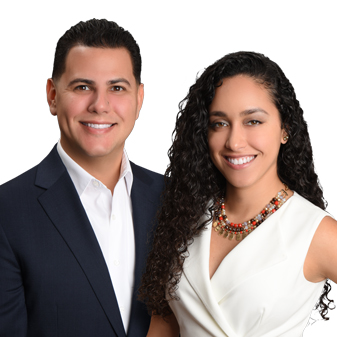If you’re thinking of buying your first home, you may have heard of FHA loans. If not, you certainly will once you start working with a lender. These types of loans are some of the most popular, especially among first-time homebuyers.
What makes them so ideal? Should you consider using one for your home purchase?
Before we answer those questions, let’s define the FHA loan. This loan is a type of mortgage guaranteed by the Federal Housing Administration (FHA). Since the FHA insures these loans, if a borrower defaults on them, the government pays the lender for any losses. The FHA itself doesn’t lend money; it merely guarantees the lender won’t incur losses.
The popularity of FHA loans is due to two factors: low down payment and credit score requirements. They’re designed for first-time homebuyers with lower and moderate incomes. That’s why, when they ran the numbers, the FHA calculated that 82% of its loans go to first-time homebuyers.
That being said, the loan is available to any buyer who meets FHA criteria. Even if you’ve owned homes in the past, you can use the FHA loan to buy another property as long as it’s your primary residence.
Specifically, you can qualify for this loan with a credit score as low as 500—far below the minimum score of 620 most lenders require for conventional loans. Also, you only need to pay as little as 3.5% down, which is among the lowest in the industry. Keep in mind, the 3.5% mark is generally reserved for those with a credit score of 580 or better. To purchase with a score of 500, you’d need to pay 10% down.
FHA loans also allow some flexibility in terms of the sources of your down payment funds and closing costs. Down payment funds can come from a gift or grant, and sellers are allowed to pay up to 6% of your closing costs. For most conventional loans, sellers can only pay up to 3%.
“The popularity of FHA loans is due to two factors: low down payment and credit score requirements.”
The downside to FHA loans is that you’ll need to factor in a little more toward your closing costs and monthly payments. You’ll also need to pay FHA mortgage insurance, which is similar to the private mortgage insurance lenders require you to pay when you put down less than 20% for a conventional loan.
FHA mortgage insurance can be paid upfront as part of your closing costs or as part of your monthly payment. The upfront cost is 1.75% of your total loan amount, and the monthly cost varies based on your down payment, length of the loan, and the initial loan-to-value ratio. For example, on a $300,000 loan, the upfront mortgage insurance premium would be upwards of $5,200, and the premium would be between $112 and $260 per month, depending on the loan terms.
There are limits to how much home you can purchase with this loan, and it varies greatly from county to county in Florida. In 2019, the FHA loan limit for most counties in Florida was $314,827 for single-family homes. In Monroe County, though, the limit is $529,000—the highest limit available.
In addition to your credit, down payment, and maximum loan amount requirements, qualifying for an FHA loan means meeting these criteria:
- Borrowers must be a legal resident of the U.S., live in the country, and show two years of steady, verifiable employment
- The property must be your primary residence—no vacation cabins or rentals. However, you can buy a multi-unit property as long as you live in one of the units
- The property must be appraised by an FHA-approved appraiser
- Your front-end debt ratio should not exceed 31% of your gross monthly income
- Your back-end debt ratio should not exceed 43% of your gross monthly income
If you have any further questions about FHA loans or other real estate topics, don’t hesitate to reach out to us. We’d love to help you.



